Indian Pulses – A Blend of Nutrition & Tradition
Pulses are nutrient-rich, plant-based proteins that form the backbone of Indian agriculture and cuisine. As the world’s largest producer, India offers a diverse range, including chickpeas, lentils, toor dal, urad dal, moong dal, and chana dal. These pulses are not only high in protein, fiber, and essential minerals but also gluten-free and cholesterol-free, making them ideal for healthy diets. Indian pulses are widely used in curries, soups, and global cuisines
At Adore Exports, we ensure premium quality, freshness, and global export standards, delivering the best of Indian pulses to importers, wholesalers, and distributors worldwide. Partner with us today!
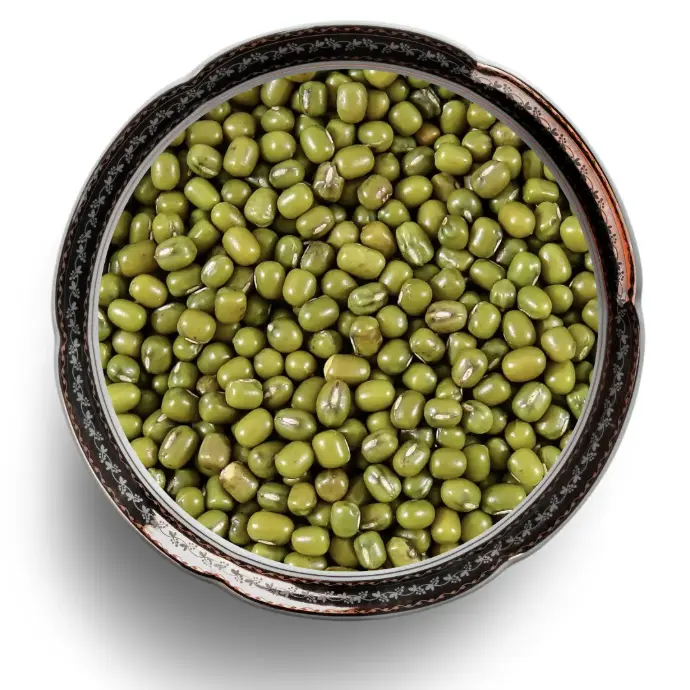
Moong Whole
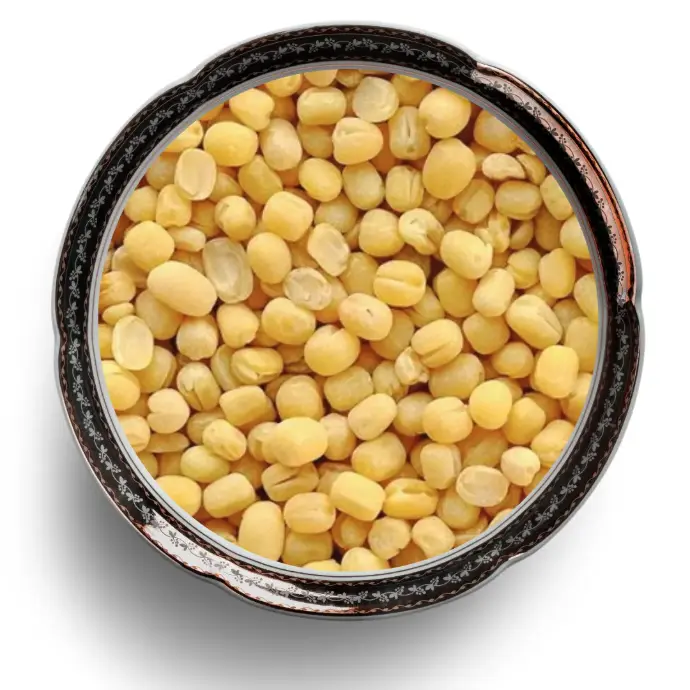
Moong Gota
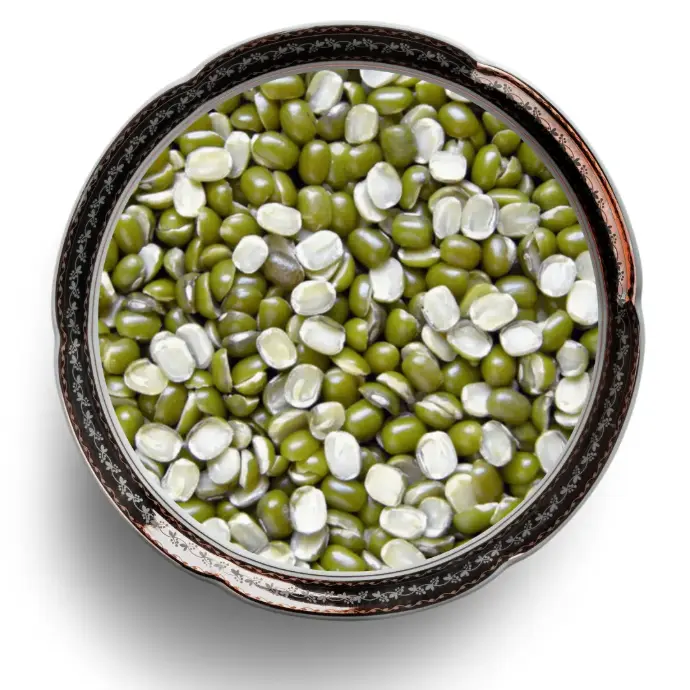
Moong Dal
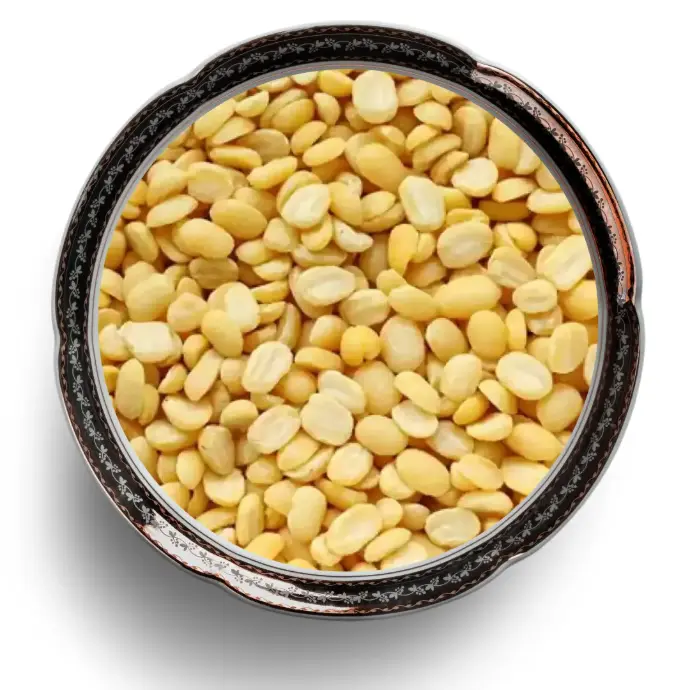
Moong Mogar
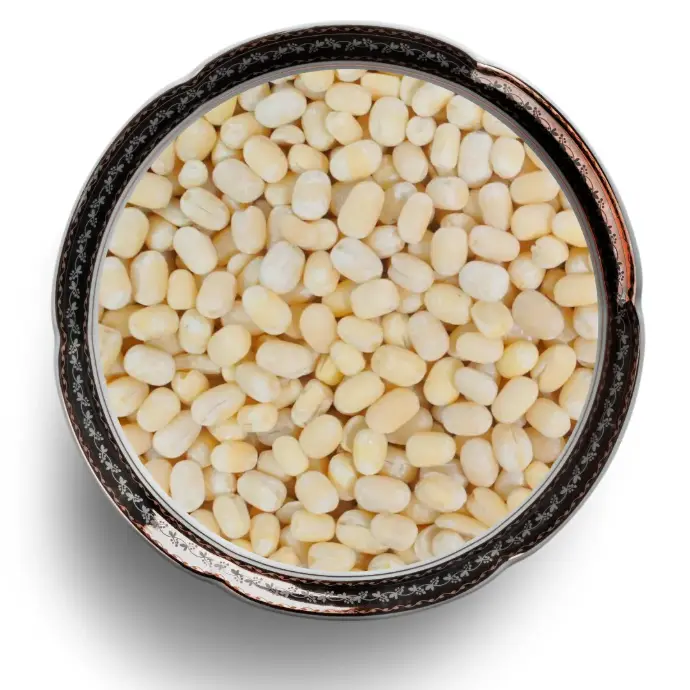
Utad Gota
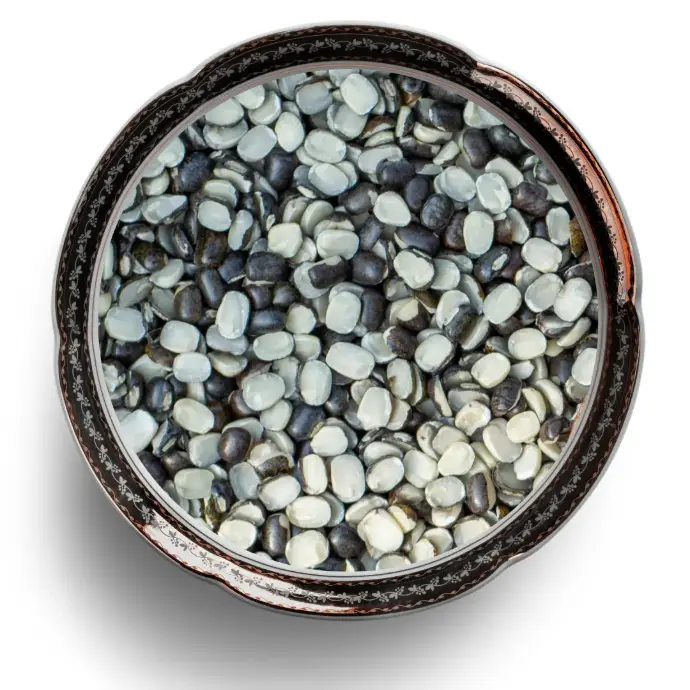
Urad Dal
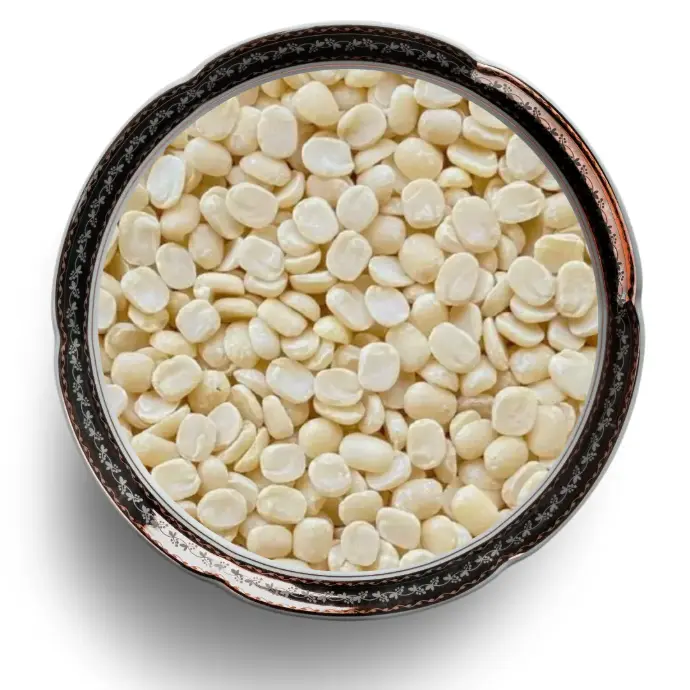
Urad Mogar
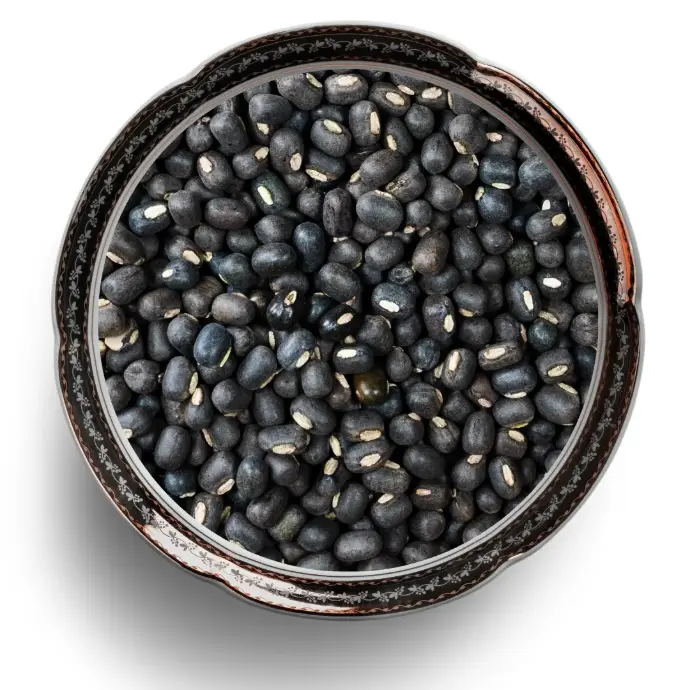
Urad Whole
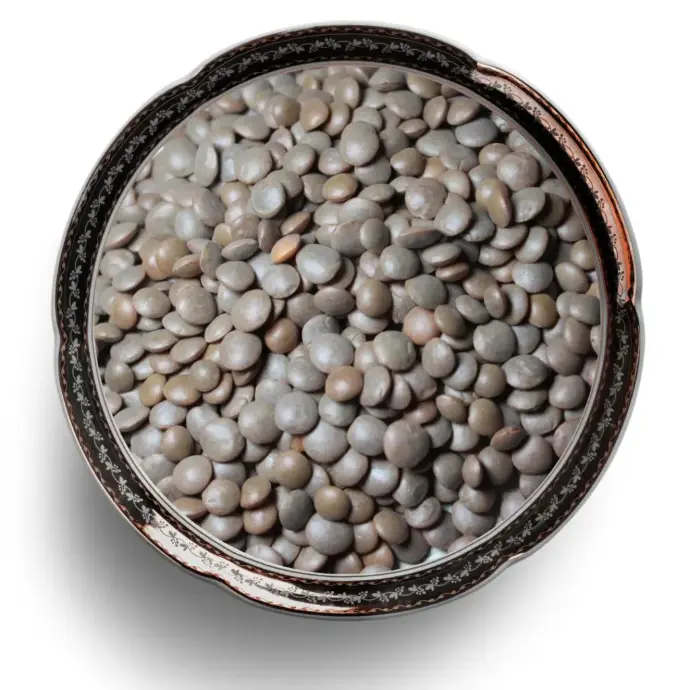
Masoor Whole
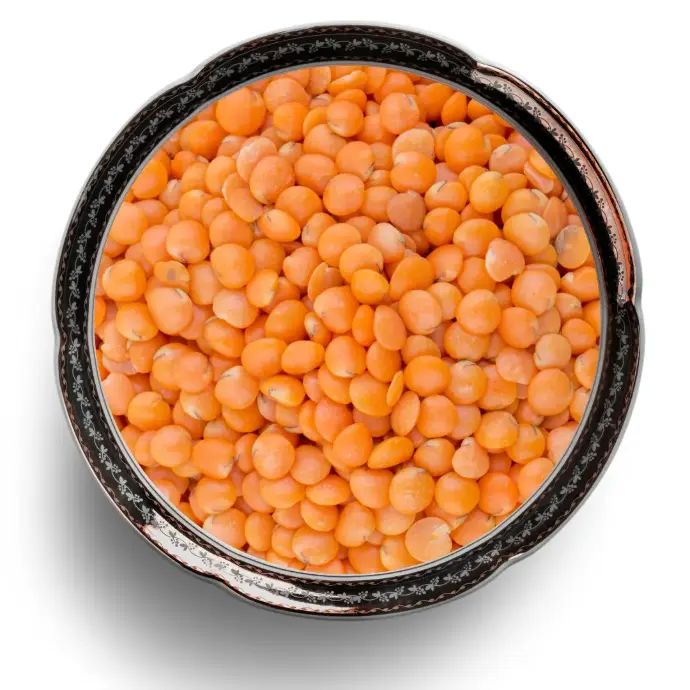
Masoor Gota
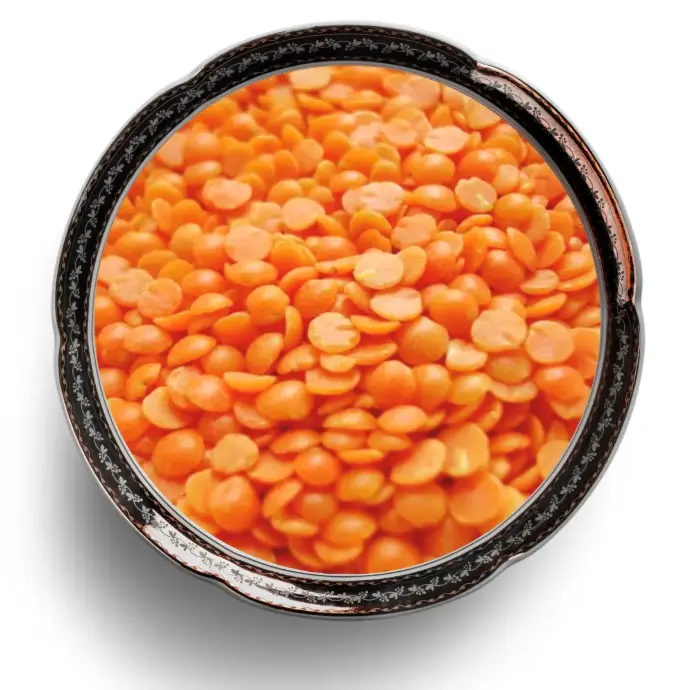
Masoor Dal
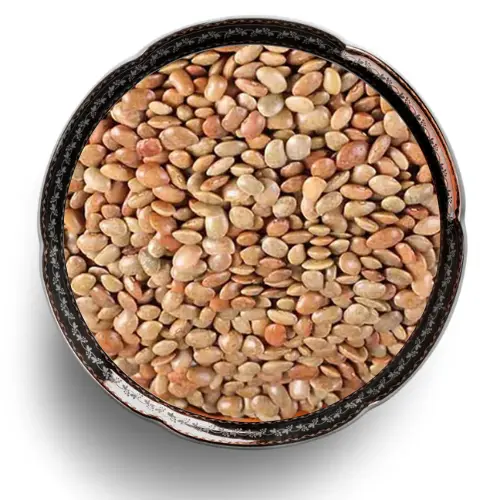
Horse Gram
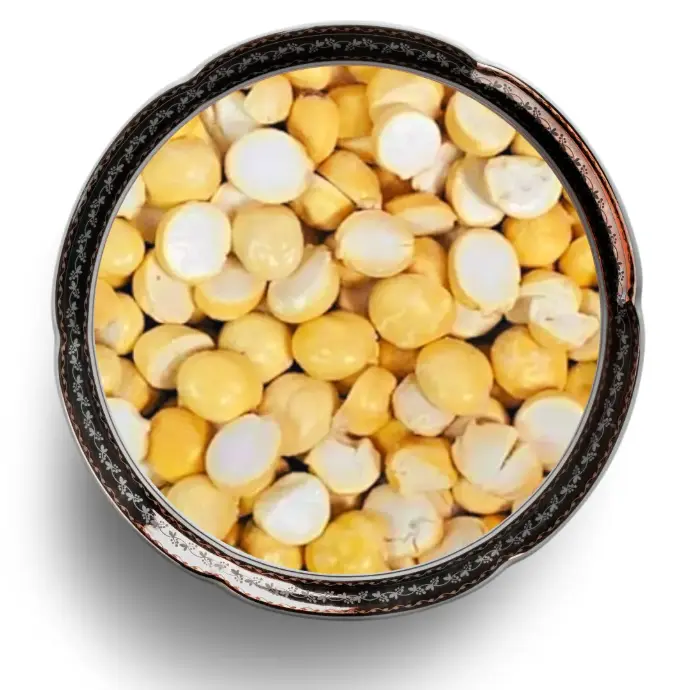
Roasted Gram Split
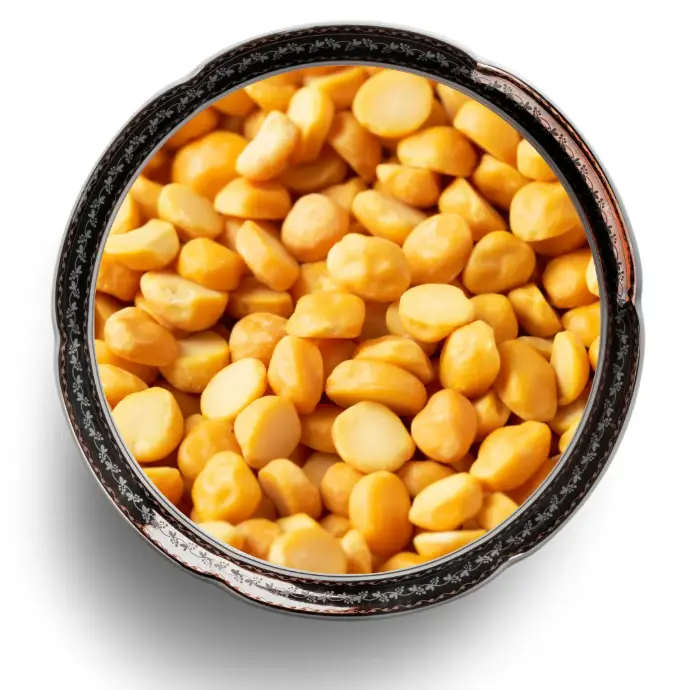
Chana Dal
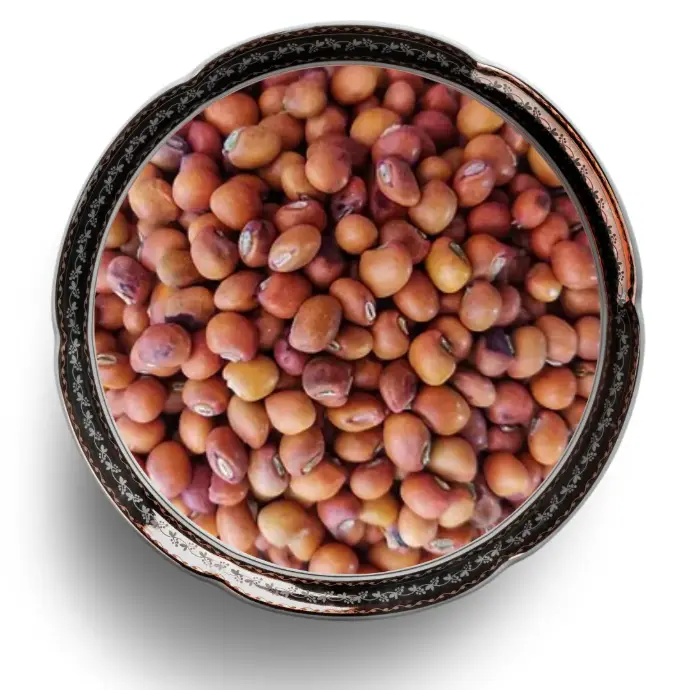
Toor Whole
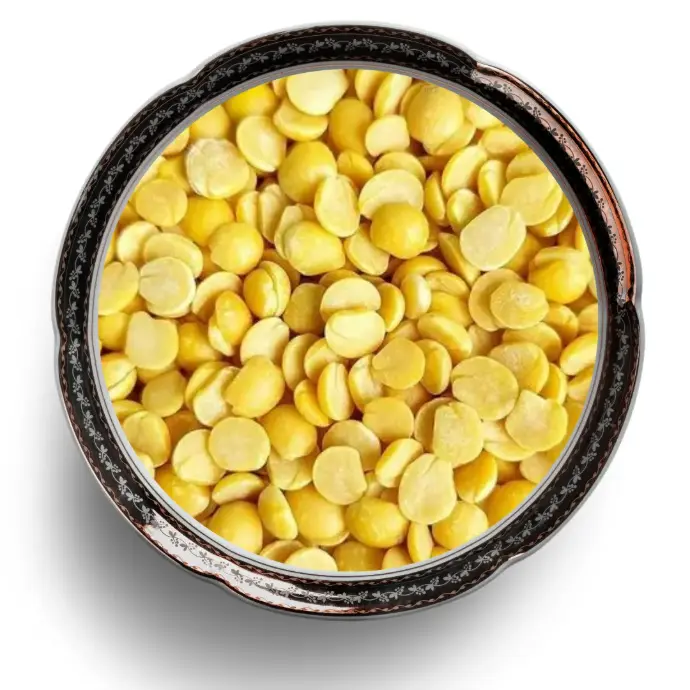
Toor Dal
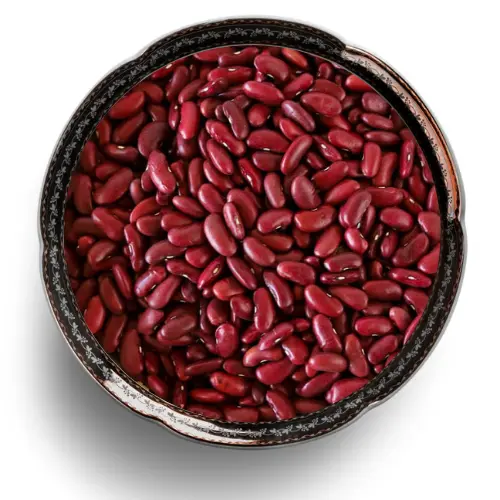
Red Kidney Beans
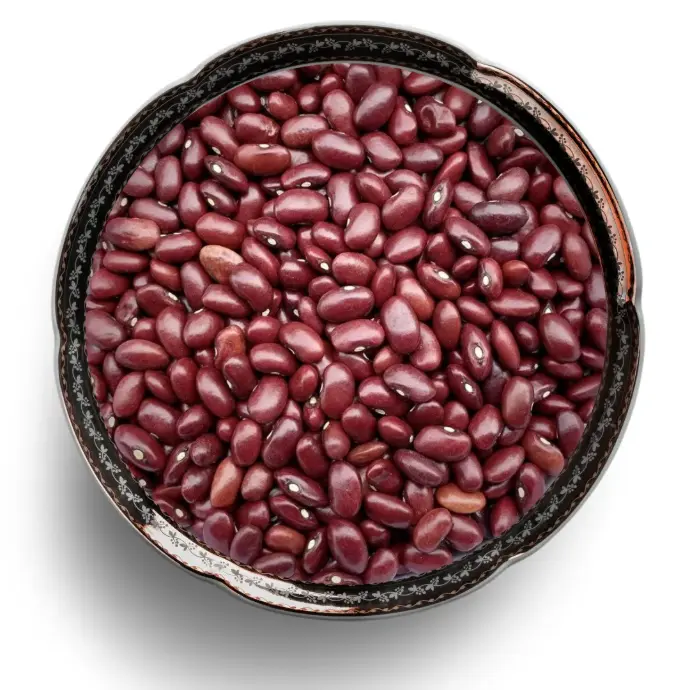
Red Lobia Beans
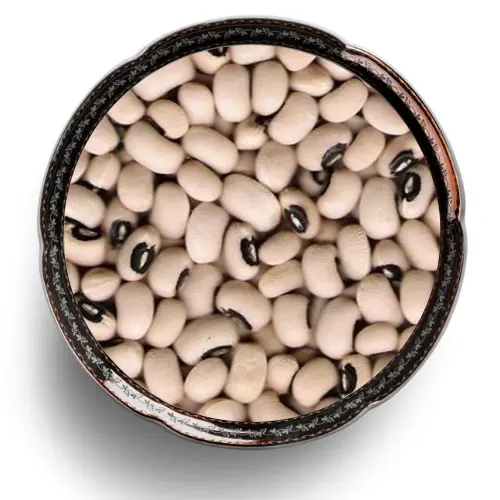
Cowpea / Black Eyed Beans
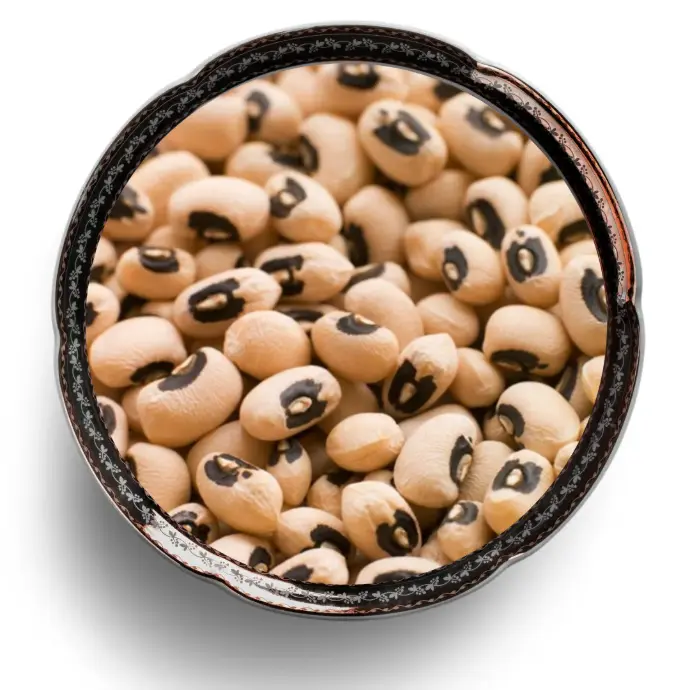
Brown Eyed Beans
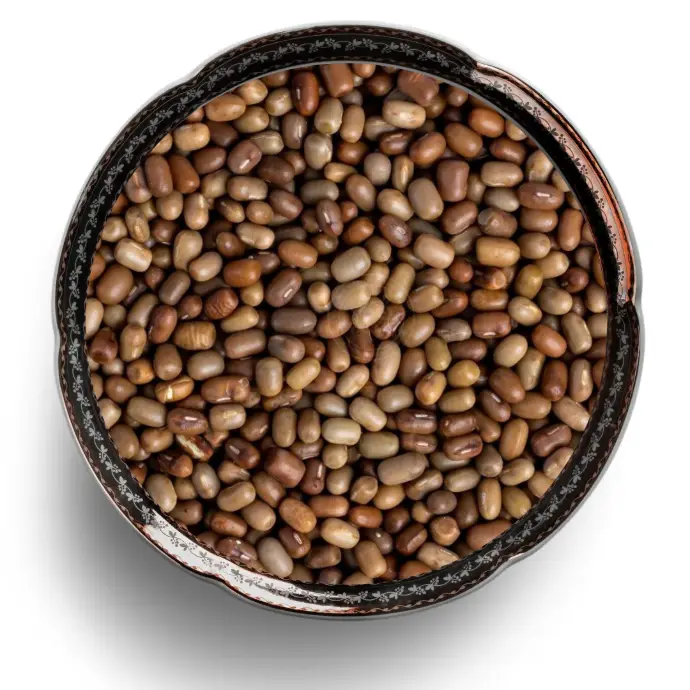
Moth Beans
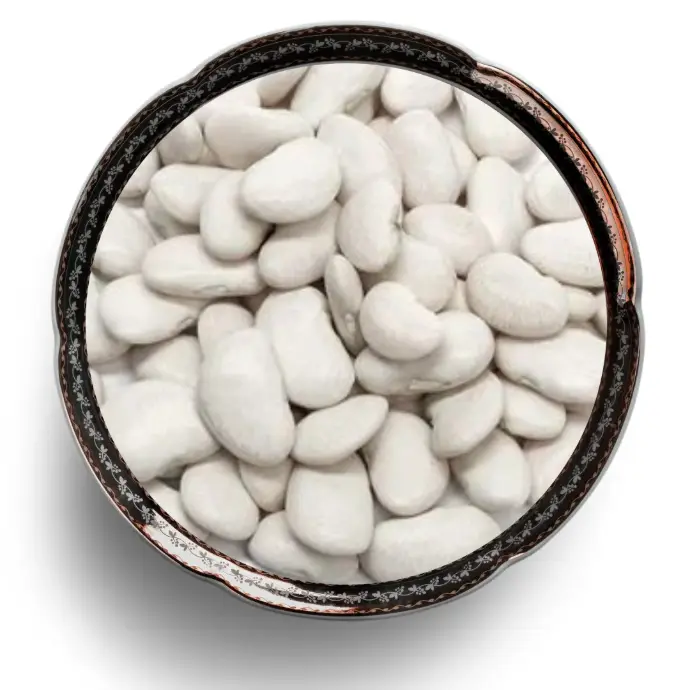
White Beans
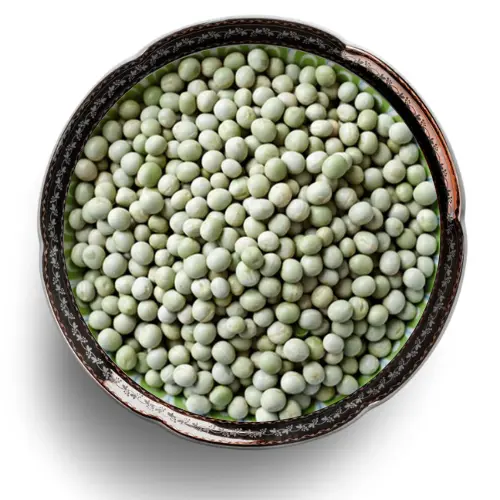
Green Peas
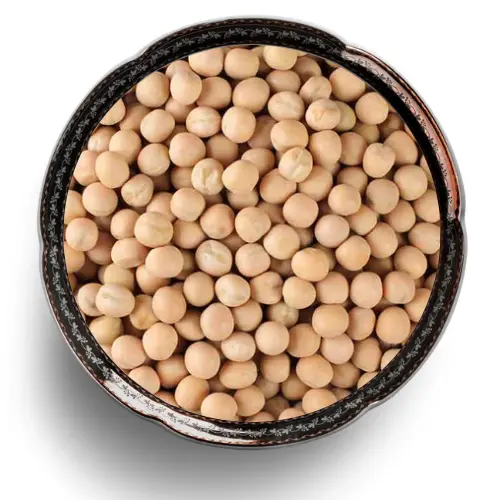
White Peas
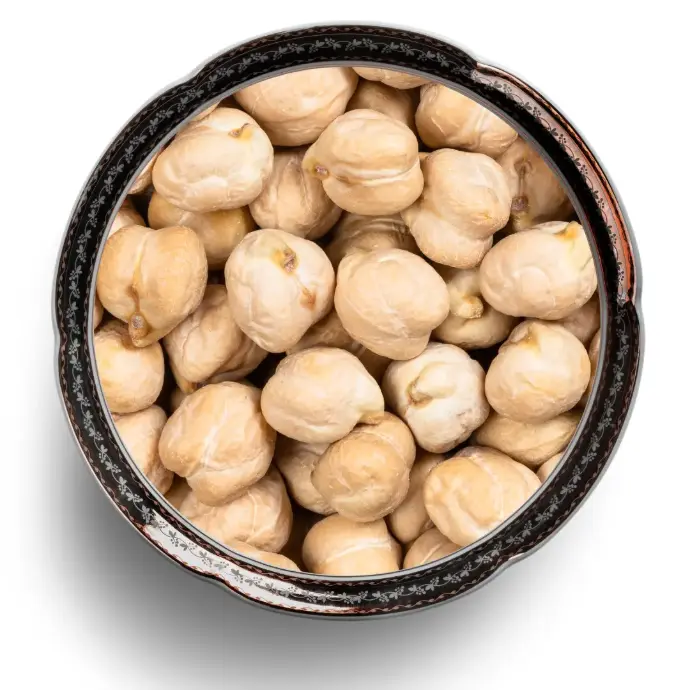
Kabuli Chickpeas
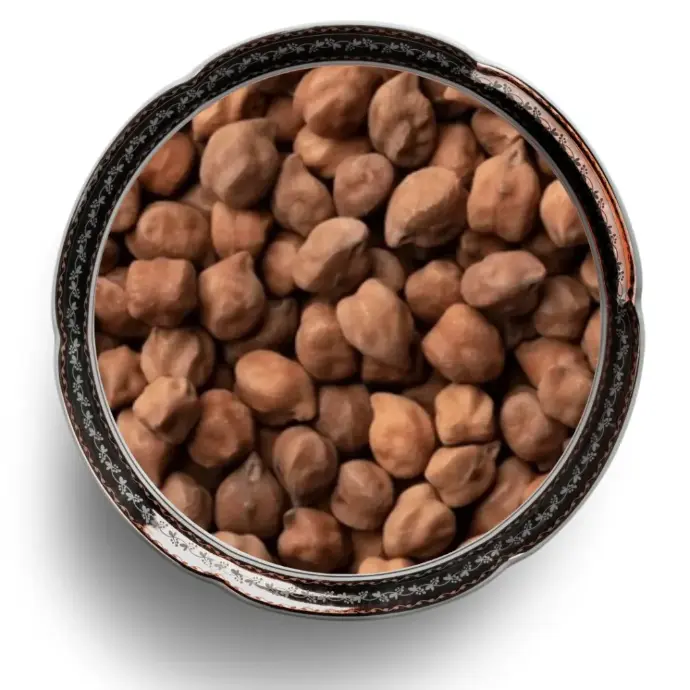
Desi Chickpeas / Desi Chana
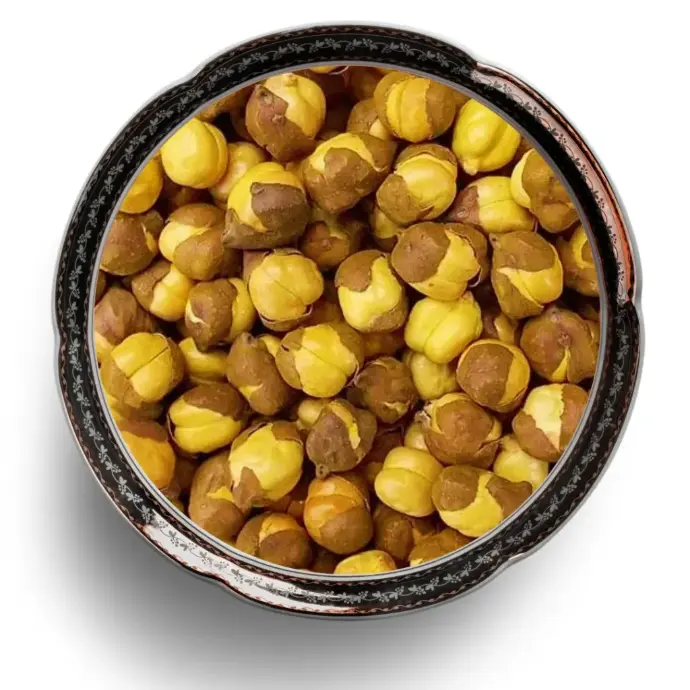
Roasted Gram (With Skin)
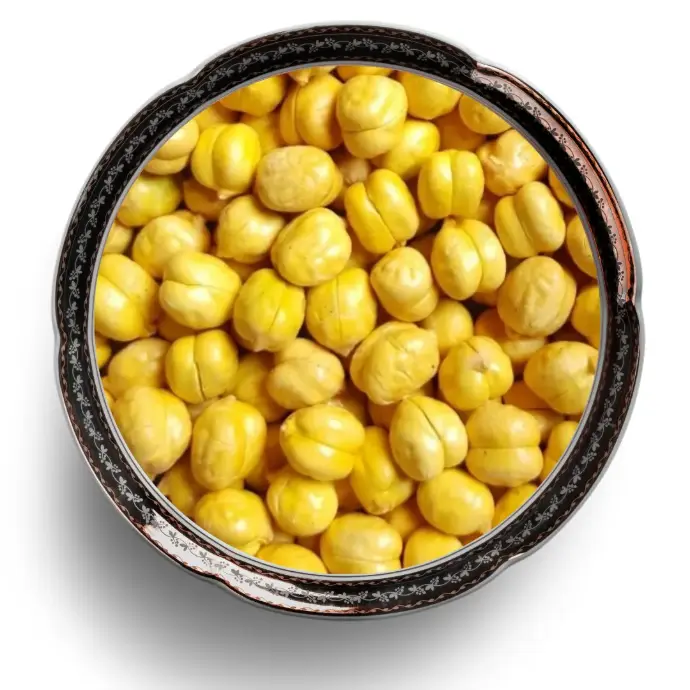
Roasted Gram (Without Skin)
What do we offer?
Adore Exports is one of the Best quality Pulses supplier and exporter from India in bulk quantity throughout the world as per the customized need of our customers.
Legumes are seeds of herbaceous plants of the family Fabaceae and pulses are those which are edible such as the lens, beans, peas, chana dal etc.
It is used greatly in cooking habits and food preparations because it provides a lot of nutrients to humans. Here are the uses and benefits of them:
Uses of Pulses
- Culinary Uses: Legumes are perhaps the most common foods used in various dishes, including lentil soups, bean stews, hummus, and dal. These act as main source of protein in vegan and vegetarian diets and are used in lieu of meat in various preparations like veggie burgers, lentil loa fs and chickpea curries. It can also be in seed forms and can be ground into meals for use in breads and other food stuffs especially those containing no gluten.
- Agricultural Uses: They are valuable for crop rotation because some of them have nitrogen fixing capabilities that could enlighten the soil and therefore reduce the usage of synthetic fertilizers. Some of them are even cultivated for fodder since they contain high protein from the typical legume seed.
Benefits of Pulses
- Nutritional Value: They are rich in protein that is very vital for muscles repair and growth and therefore it also act as a pulse. It contains huge percentages of dietary fiber that can help in digestion as well as in improving bowel movement. Pulses, also classified as legumes or leguminous seeds, are a good source of essential nutrients, including iron, magnesium, potassium, and B vitamins folic acid included.
- Health Benefits: Additionally, it aids in decreasing cholesterol levels causing the menace of heart diseases, owing to the presence of soluble fiber in pulses. Common pulses, that is lentils and beans are known to have a low glycemic index, that is a slow rise in blood sugar levels and good for people with diabetes.
They also guarantee a higher level of fiber and protein thus making it easier to gain a feeling of fullness helping to curb calorie intakes and management of obesity. Thus, they are favorable for digestion and can guard against constipation if included in the diet regularly. - Environmental Benefits: Its production per unit is cheaper since they need less water and other inputs than animals, which makes pulse production more desirable.
By fixing nitrogen in the soil, they improve soil health and reduce the need for synthetic fertilizers, contributing to more sustainable farming practices.
Cultivating pulses generates lower greenhouse gas emissions compared to livestock farming, contributing to a reduced carbon footprint.
Pulses are a highly nutritious and versatile food group that offers numerous health and environmental benefits. They are essential in various culinary traditions worldwide and play a crucial role in sustainable agriculture through crop rotation and soil enrichment. Their high protein and fiber content, along with their rich nutrient profile, make pulses a valuable addition to a healthy diet, promoting heart health, blood sugar control, weight management, and overall digestive well-being.